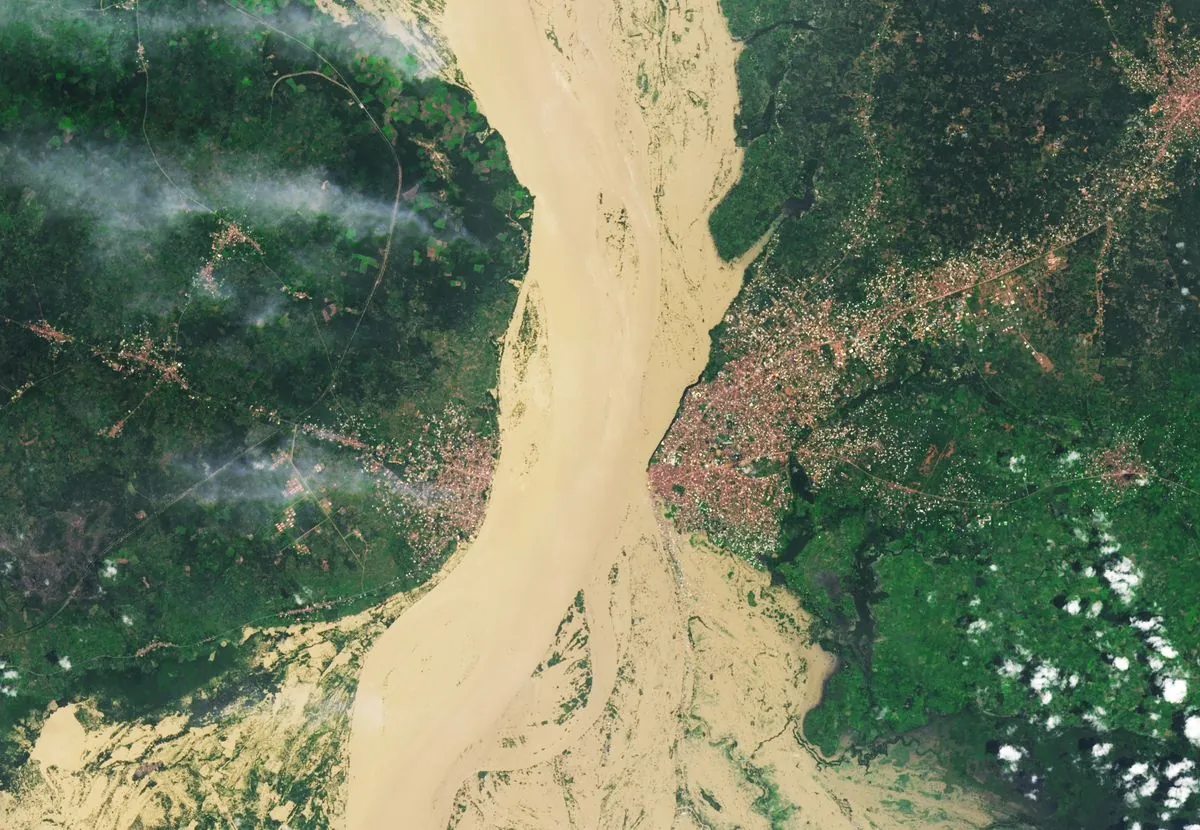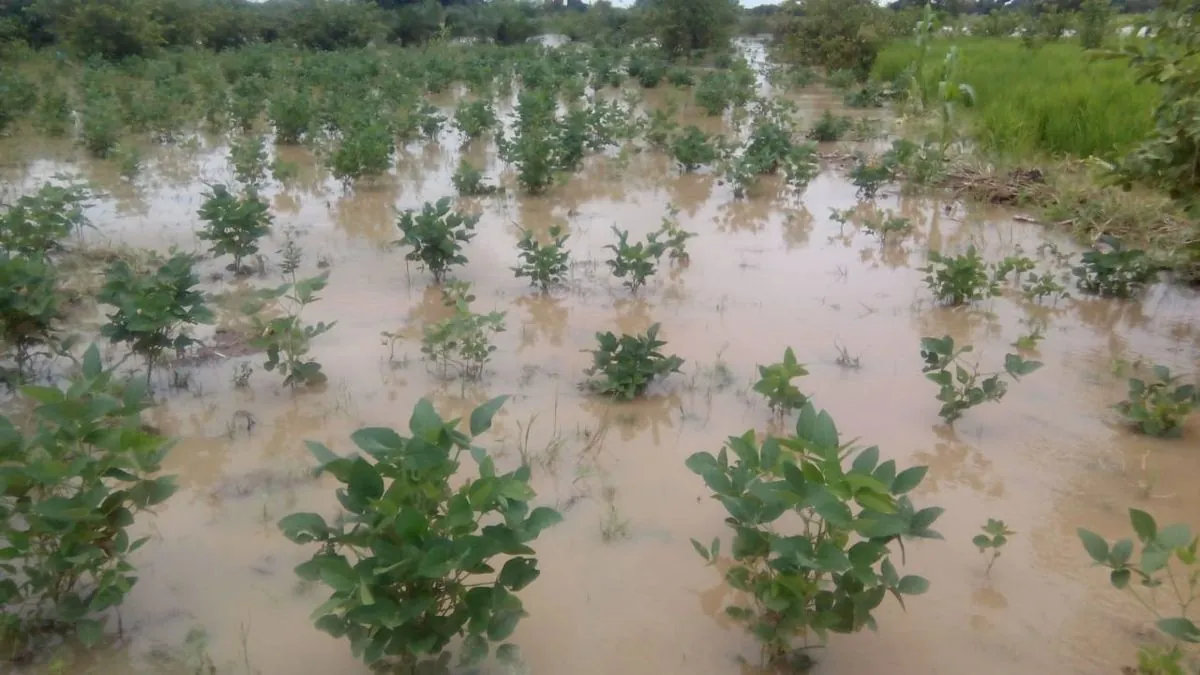Nigeria Grapples with Deadly Floods: Nearly 200 Lives Lost, Food Security at Risk
Severe flooding in Nigeria has claimed almost 200 lives and displaced over 200,000 people. The disaster, affecting 28 states, threatens food supplies and highlights infrastructure challenges in Africa's most populous nation.

Nigeria, Africa's most populous nation with over 200 million inhabitants, is currently facing a severe flooding crisis that has claimed nearly 200 lives and displaced more than 200,000 people. The disaster, affecting 28 out of the country's 36 states, has raised significant concerns about food security and infrastructure challenges.
According to the National Emergency Management Agency, 185 individuals have lost their lives, and 208,000 have been forced from their homes. The floods have devastated vast areas of farmland, particularly in the northern region, which is crucial for the country's food production.
Jigawa state has been hit hardest, recording 37 fatalities. Nura Abdullahi, head of emergency services in the state, described the impact as "devastating," with authorities converting public buildings and schools into shelters for the displaced.
The floods have destroyed 107,000 hectares of farmland, exacerbating Nigeria's existing food security challenges. The United Nations food agency reports that Nigeria has the highest number of people facing acute hunger globally, with 32 million affected.

Unlike the 2022 floods, which were primarily attributed to heavy rainfall, this year's disaster is largely blamed on human activities and poor infrastructure. The Nigerian Meteorological Agency had predicted delayed or normal rains for most parts of the country this year.
Ibrahim Wasiu Adeniyi, head of the central forecasting unit, pointed out that climate change and human behaviors, such as indiscriminate waste disposal and unauthorized construction along waterways, have contributed to the current crisis.
Authorities are warning that the situation could worsen in the coming weeks as floodwaters move towards central and southern states. The National Emergency Management Agency has urged residents in flood-prone areas to evacuate immediately.
This disaster highlights the ongoing environmental and infrastructural challenges faced by Nigeria, which is also the largest oil producer in Africa and home to a rapidly growing tech startup ecosystem. The country's diverse landscape, ranging from tropical rainforests to the Sahel region, makes it particularly vulnerable to climate-related disasters.
As Nigeria grapples with this crisis, it also continues to face other significant challenges, including security issues like the Boko Haram insurgency in the northeast and persistent corruption problems. These multifaceted issues underscore the complex nature of the country's development journey as it strives to leverage its position as Africa's largest economy by GDP.
The flooding crisis serves as a stark reminder of the urgent need for improved infrastructure, better environmental management, and more effective disaster preparedness in Nigeria. As the nation works to address these immediate challenges, it must also consider long-term strategies to enhance its resilience to future climate-related disasters.


































